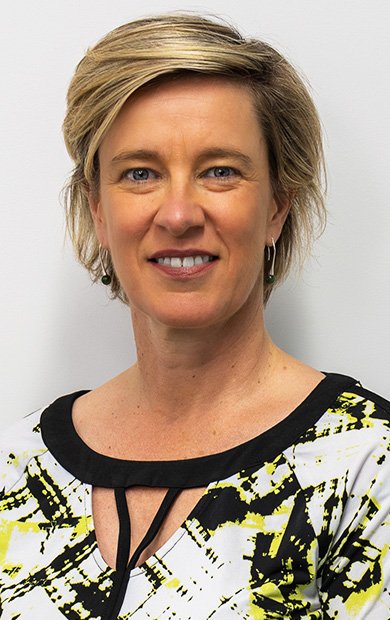Jumping on board the ocean energy wave

Almost 12 months ago, Standards Australia announced the formation of a mirror committee of the global IEC Technical Committee 114: Marine Energy – Wave, tidal and other water current converters. Representing Australia’s entry into the international marine energy standards community, the news made waves on the global stage for all the right reasons.
Firstly, Australia’s ocean environments are as unique as they are diverse. As an island nation, our coastline is surrounded by the world’s third largest exclusive economic zone (EEZ). An EEZ is an area of sea specifically zoned for the exploration and use of marine resources including energy production from water and wind[1]. Domestically and internationally, this massive body of water represents huge untapped potential in terms of harnessing renewable energy from the ocean.
Secondly, Australia has tropical, sub-tropical and temperate waters unlike any other areas of the world. These diverse environments offer a range of opportunities to support the development of ocean energy devices.[2] It also means we can offer a range of perspectives when it comes technology and standards development.
Australia also has an active and innovative ocean energy sector that is well respected internationally. It is this expertise and unique perspective, backed by the trusted voice of Standards Australia, that has helped to attract international attention.
I spoke with Mr Mike Straughton, Chair of mirror committee EL 066, recently for an update on the committee’s activities in its first year.
Kara Chan: What has been happening since EL 066 formed in mid-2020?
Mike Straughton: We are still very much in the formative stage of the committee and are currently in the process of reviewing international standards, along with recommending standards to be adopted for the future of marine energy in Australia.
The first international standard we would like to see adopted is the “Vocabulary” standard. To me, this terminology piece is the most important standard as it will assist in forming consistency across industry on both a national and international scale. In the first steps towards marine energy and as a steppingstone in the standardisation process, it’s very important.
We have also provided feedback to the International Committee around what we feel are the highest priorities for standard development from an Australian perspective. Interestingly, what IEC 144 thought were low priority, we thought were high. In the next meeting with the IEC we will be discussing global priorities for development.
KC: The formation of an Australian mirror committee to IEC TC 144 was well received – why do you think that was?
MS: If you think of the Australian impact on natural gas, particularly in the offshore environment, we’re world leaders in that technology. The International Chair, Jonathan Colby, very much sees that Australia can play a similar role in the ocean energy space.
Australia has amazing ocean energy resources and very active research in the area. Mr Colby is excited that we can bring some significant southern hemisphere input, recognising that the Australian conditions are very different to Northern Europe. For example, we deal with marine and environmental factors that the northern hemisphere doesn’t and vice versa. We don’t have to worry too much about ice impact, for example!
Additionally, by having international collaboration you get standards that are very well rounded. Just like any other inclusive decision that involves a broad range of stakeholders – you get a better outcome when you involve others with different perspectives.
KC: Why are you excited to be involved in this work?
MS: I’m excited to be in a position where I can really drive the sector, recognising that we have a diverse committee comprising representatives from technology developers, industry associations, academic institutions and professional bodies. Ocean energy is where solar energy was in 1985. It’s developing technology and the industry is very much in the emerging space. While it is never really going to be a major competitor to solar at the grid scale, for remote communities that are located a long way from the grid and currently reliant on fossil fuel power, it can make a lot of sense. That’s really exciting! I’m looking forward to contributing to this field of innovative work.
The EL 066 committee will meet in May to discuss how they will move forward in contributing to the international work and aligning with Australia’s strategic goals in the renewable energy sector. The feedback submitted by Australia to the International Committee found the classification of devices and resources such as the measurement methodologies including, physical parameters or devices and the installation (deployment) and retrieval produce guides were all considered high priority. Interestingly these are the reasons the Chair of the International Committee is excited for Australia to join as the conditions and priorities are vastly different.
Marine energy is a growing sector and one to watch with Australia now directly involved in this field of international standards work, we can expect to see further innovation and growth not only in Australia, but across the world.
[1] https://en.wikipedia.org/wiki/Exclusive_economic_zone#cite_note-1
media enquiries
For media enquires, please contact:

